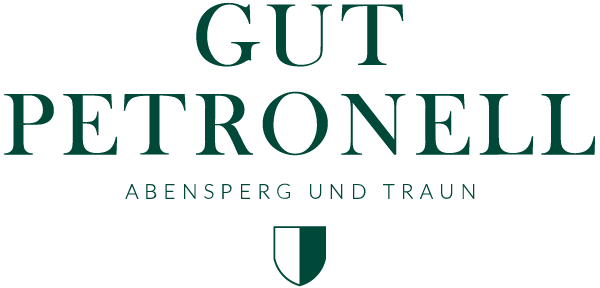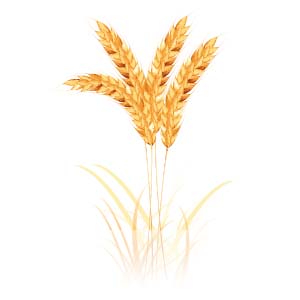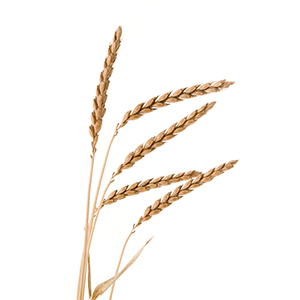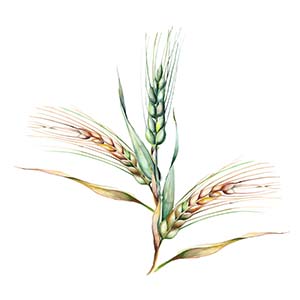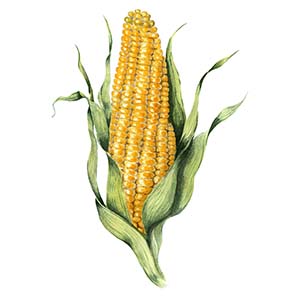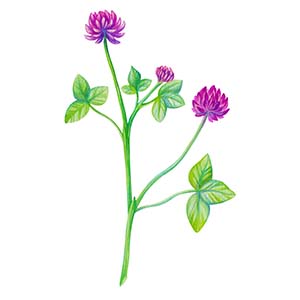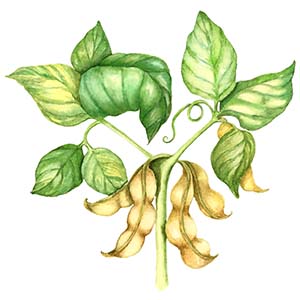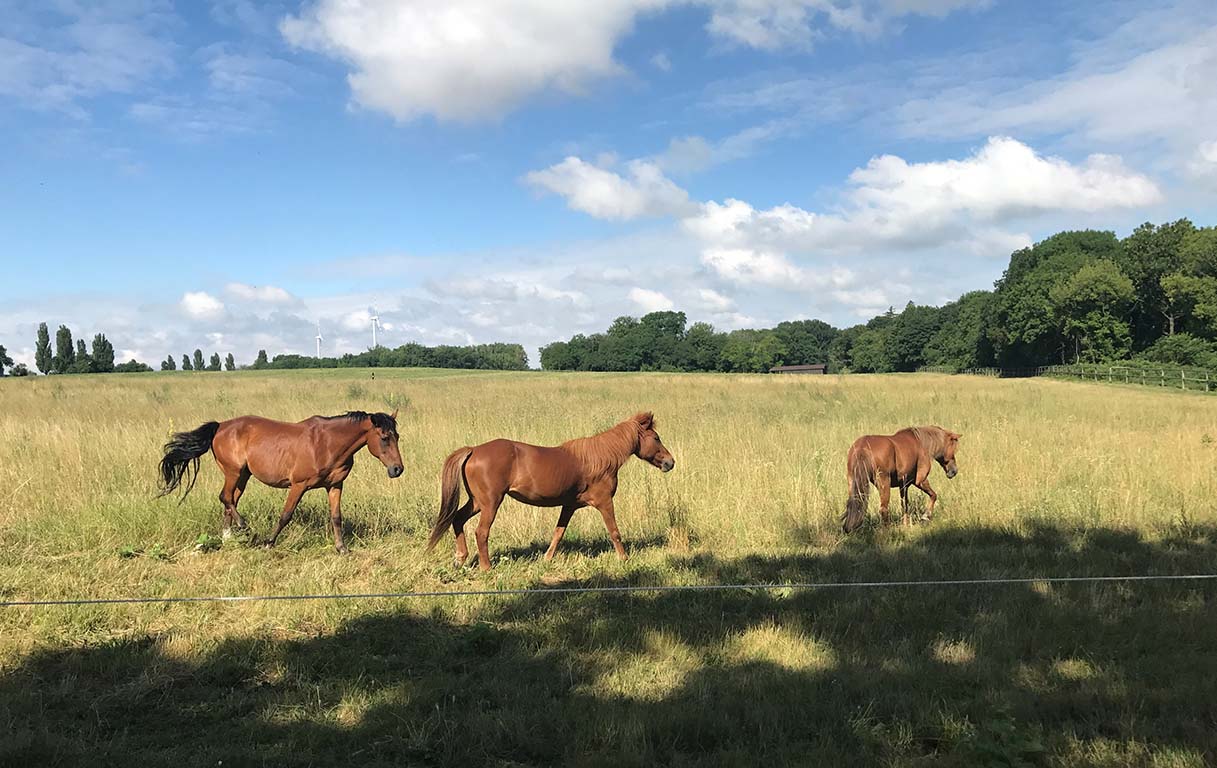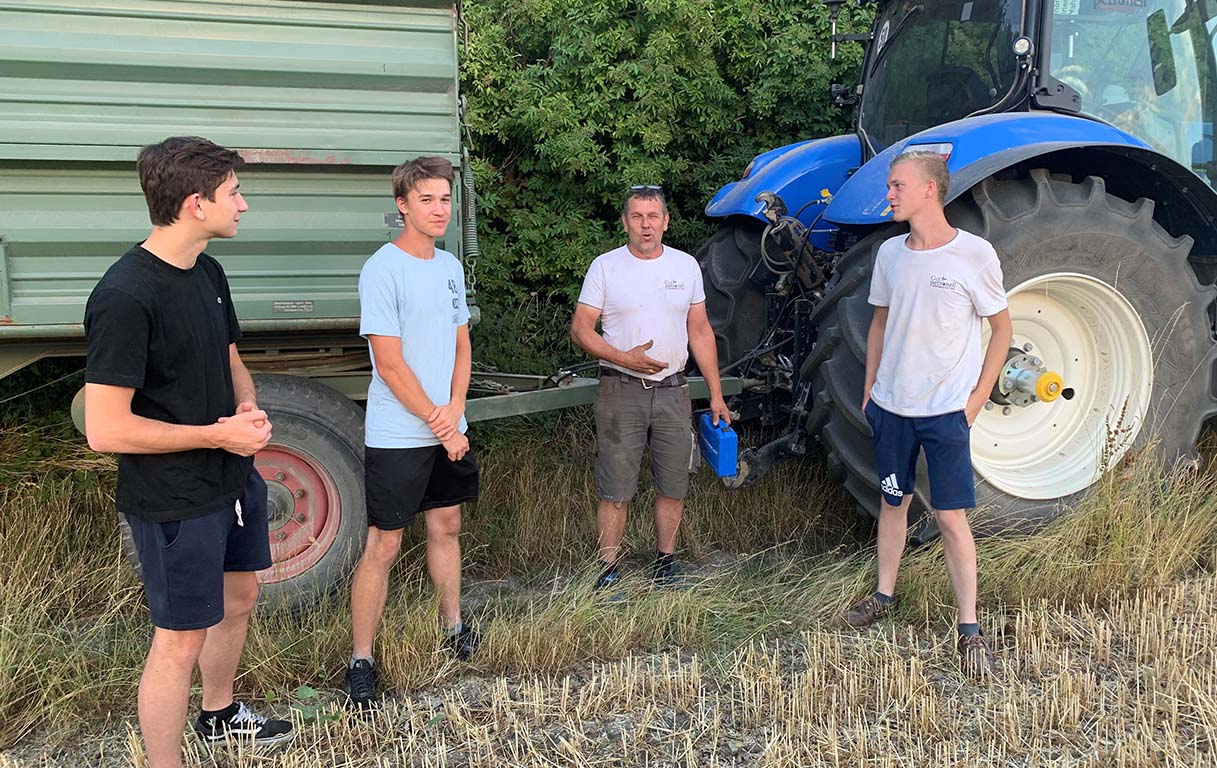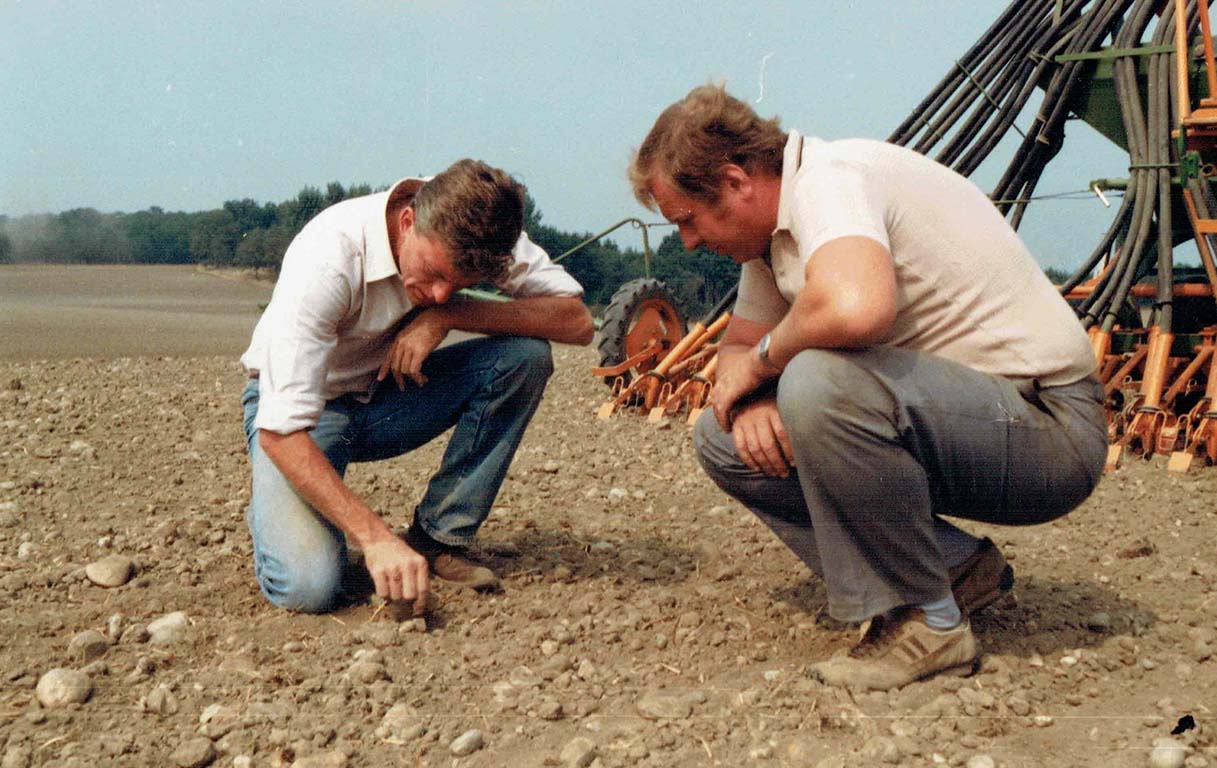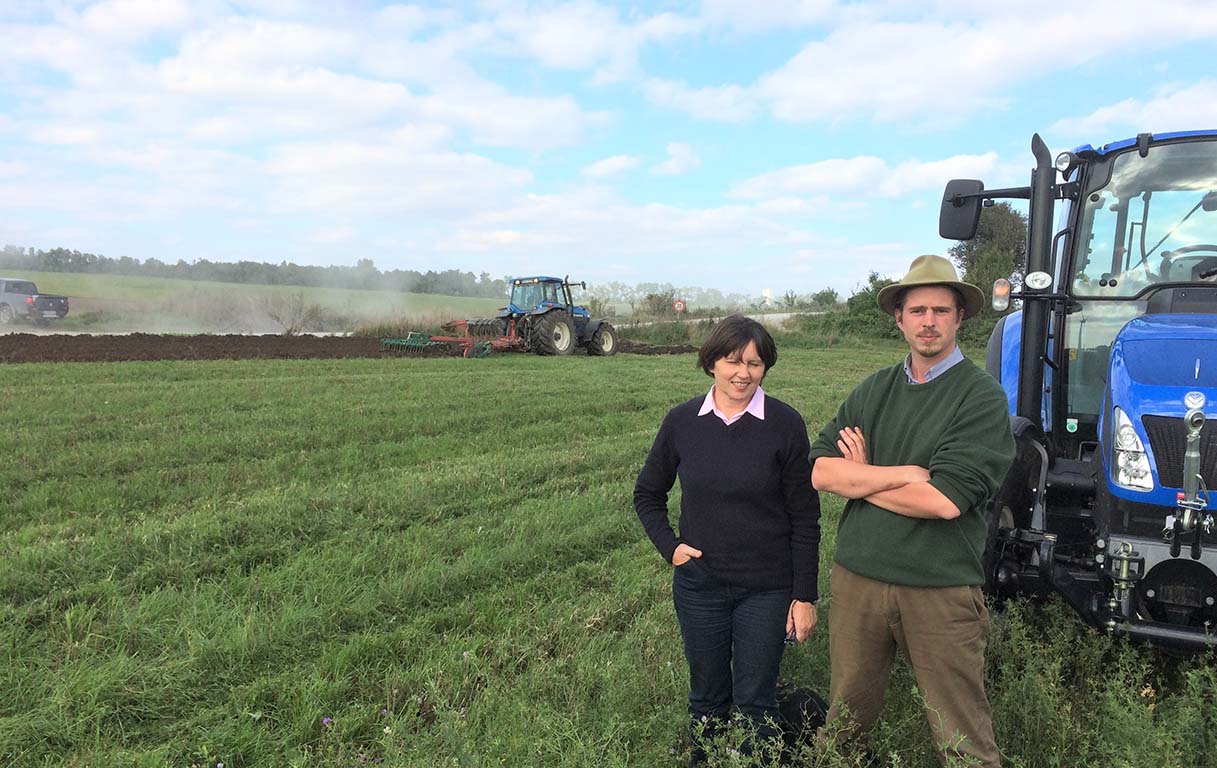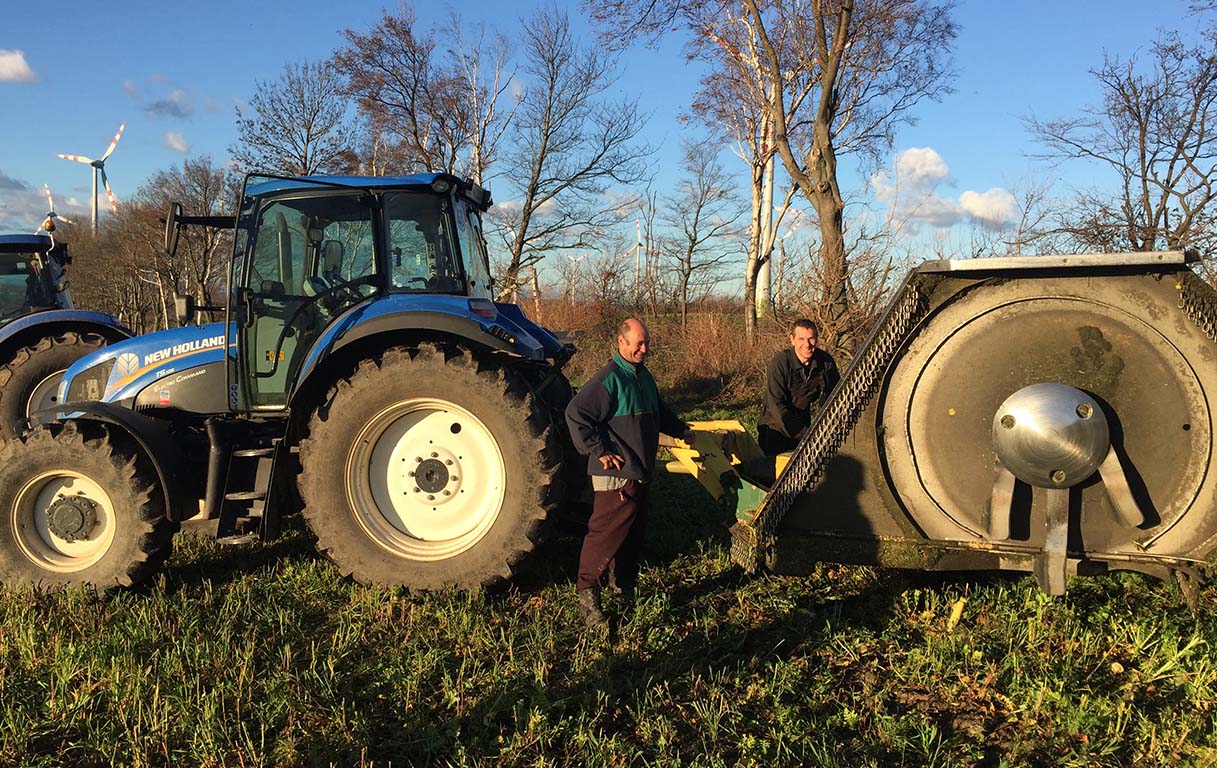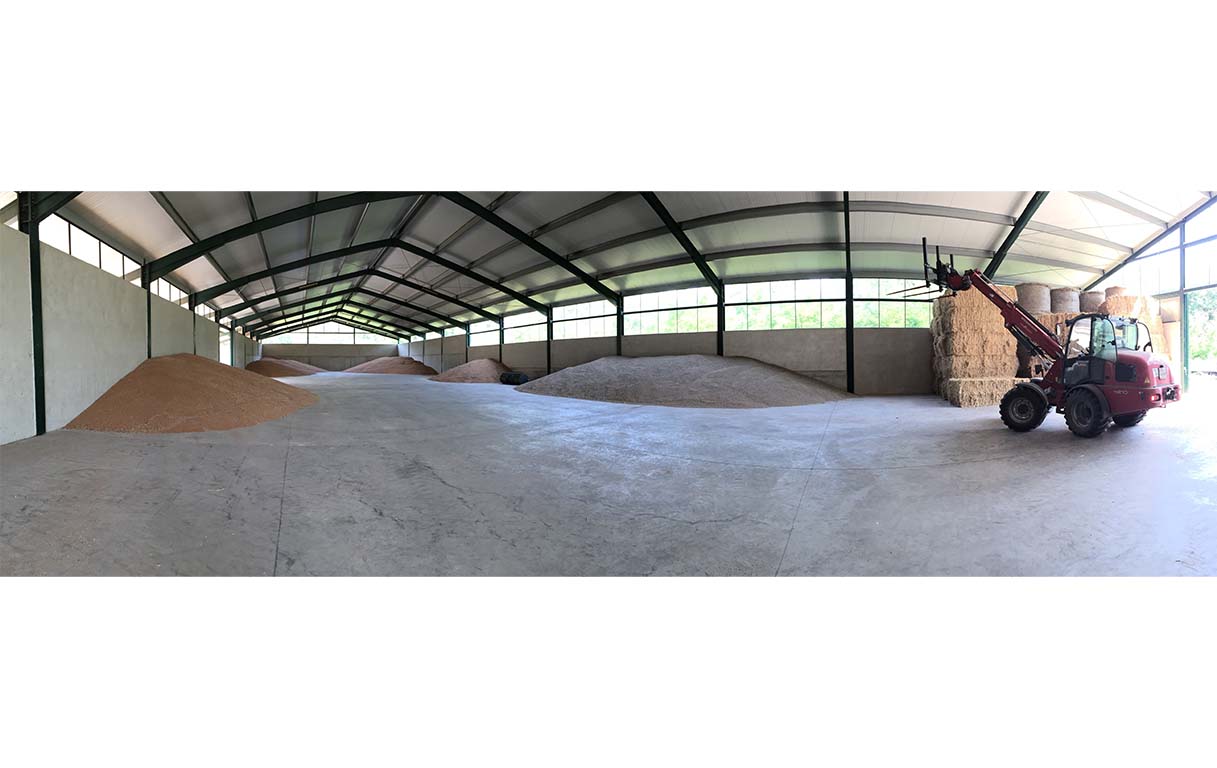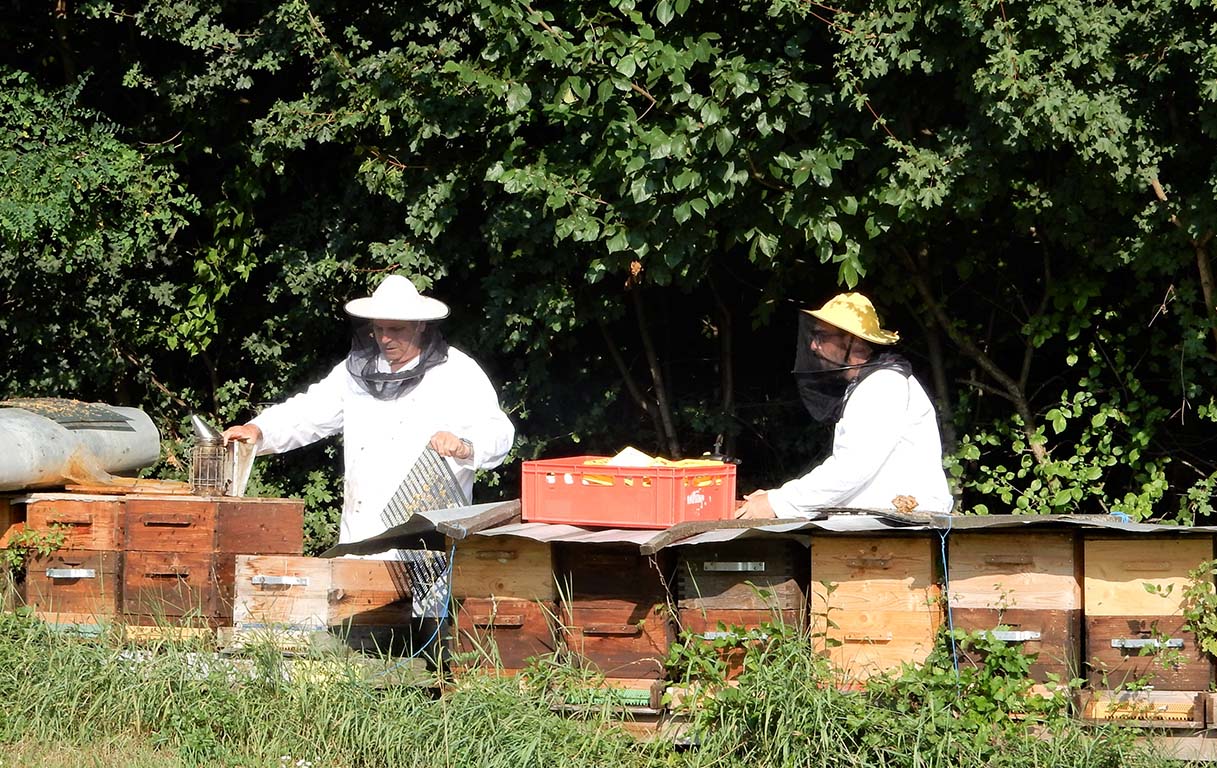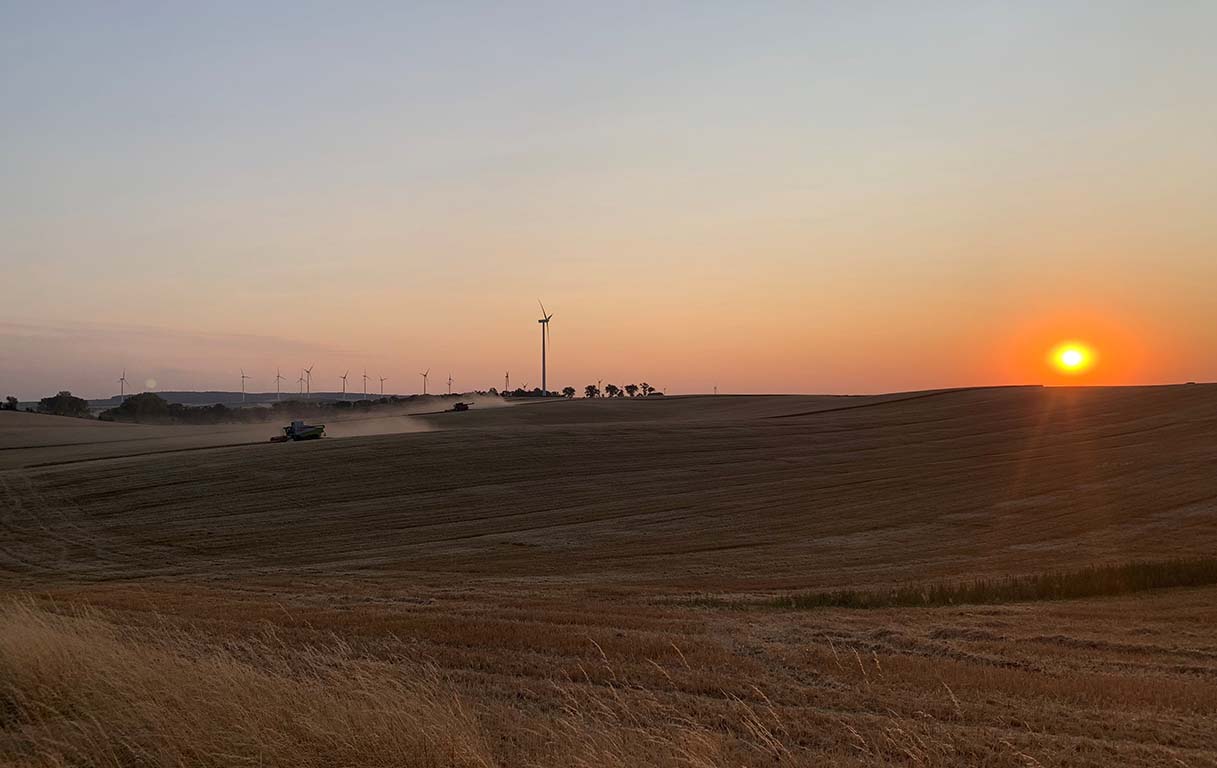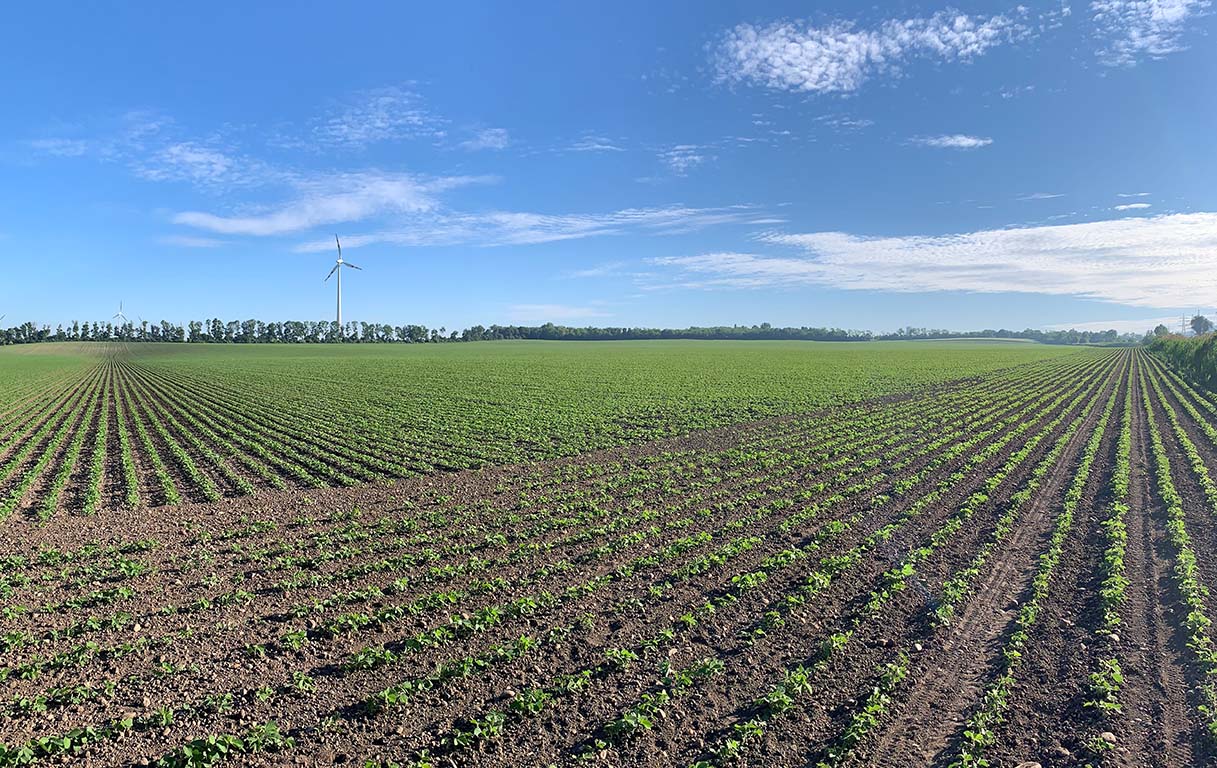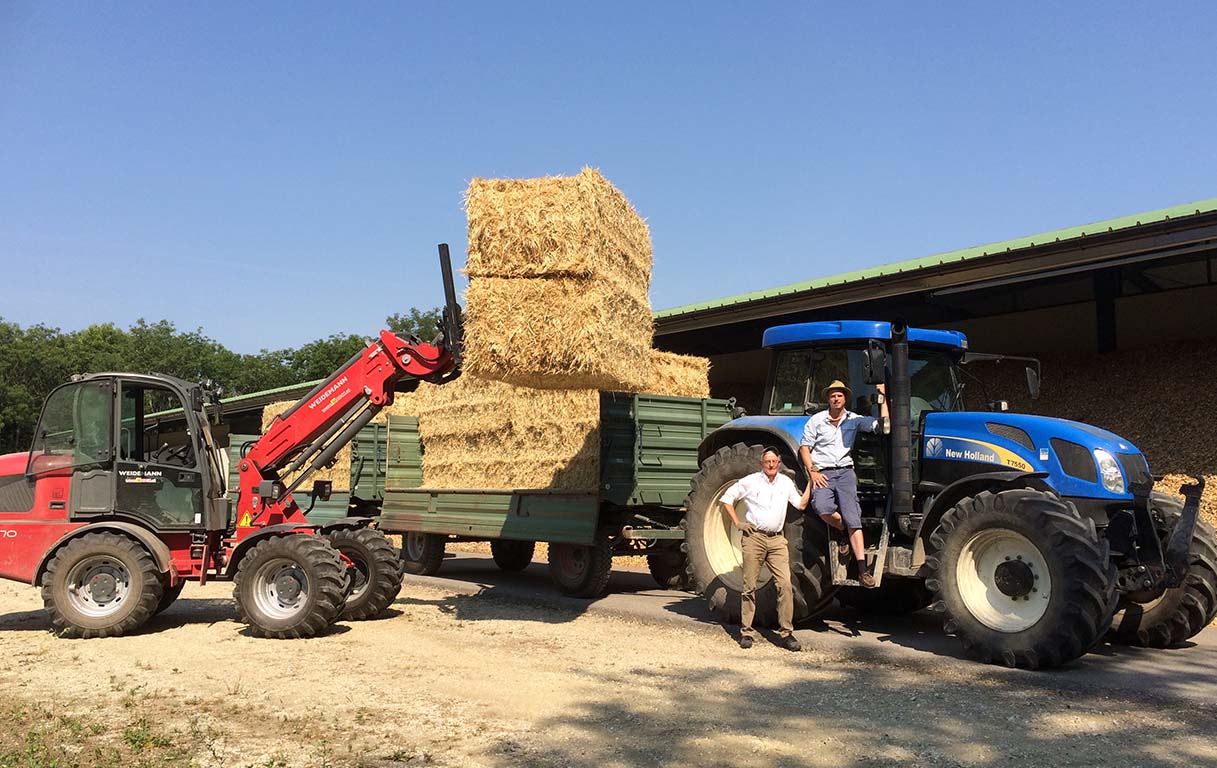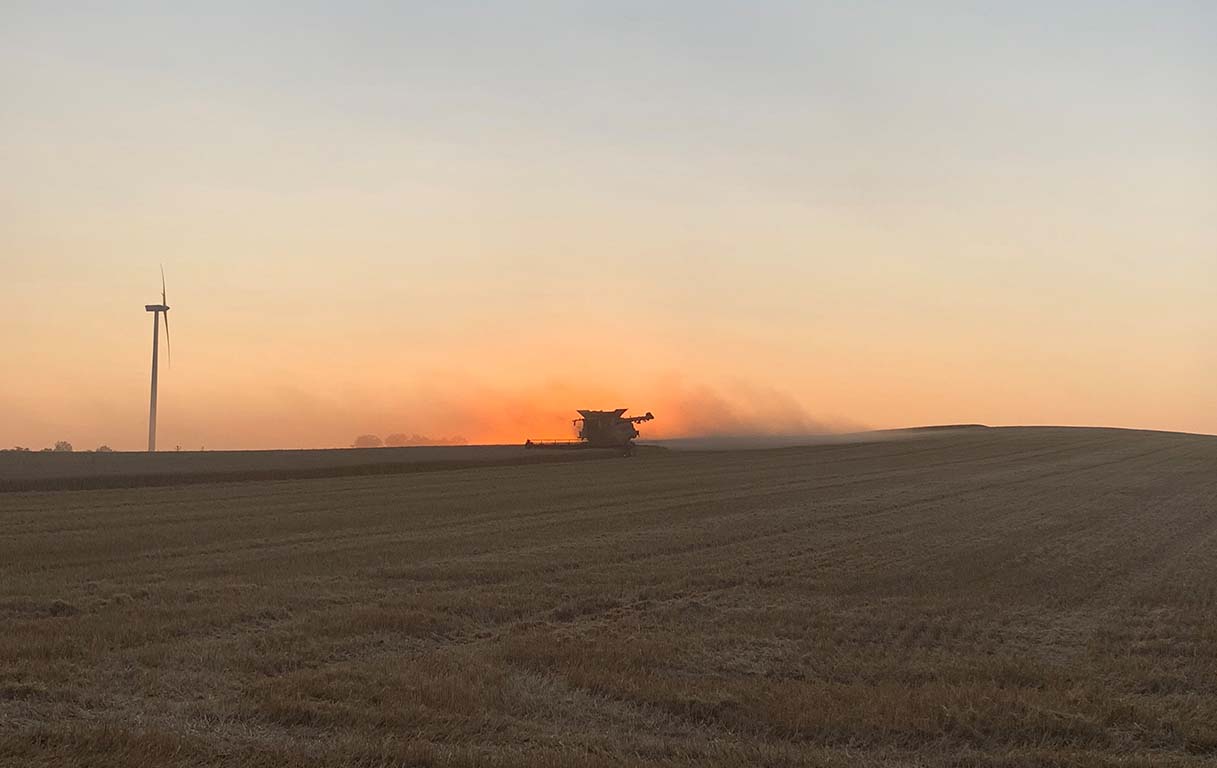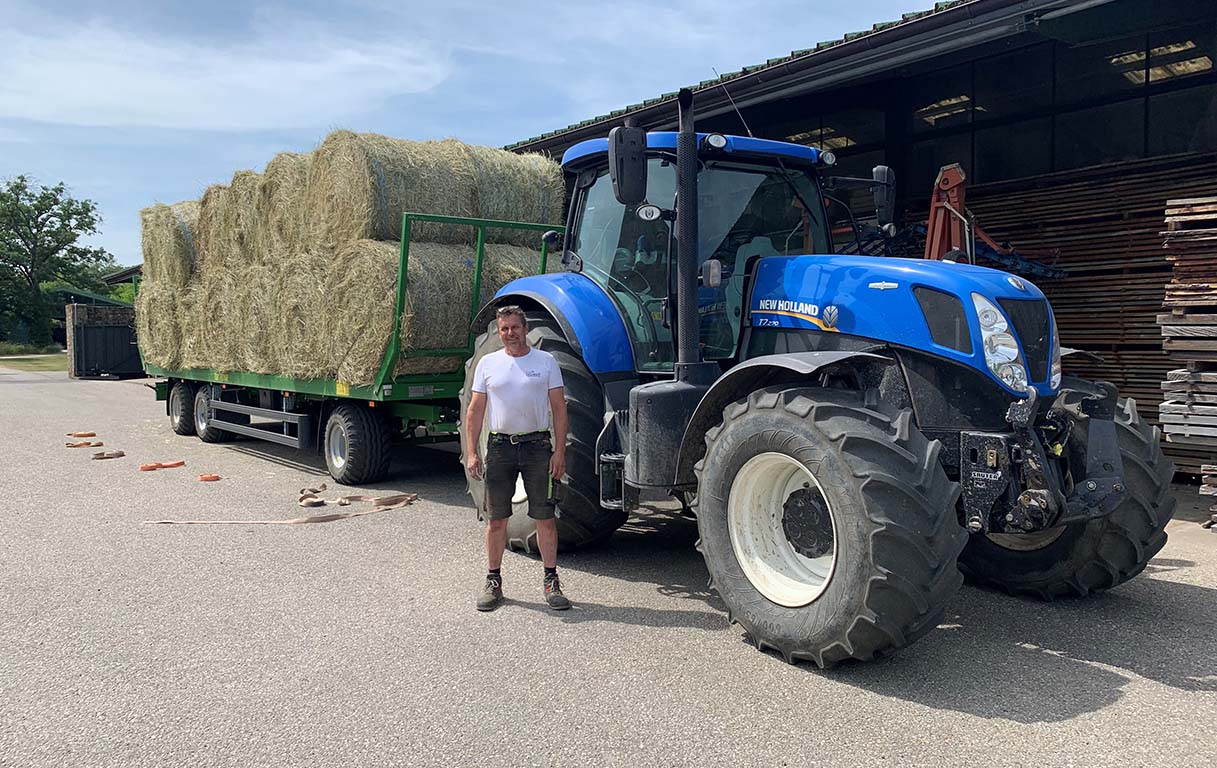Agriculture.
For present & future generations.
“Agriculture is the first of all arts; without it, we would have no merchants, poets or philosophers; true wealth is only what the earth produces.”
“Farming the land is like mixing a little bit of heaven into the earth.”
“There is no kind of gainful employment that is better, more fruitful, more pleasant and more worthy of a free man than agriculture.”
“What the farmer does not know, he does not eat. If the townsman knew what he was eating, he would immediately become a farmer!”
“Agriculture is the root of all education in the world.”
“The good God knows how to make the earth fruitful, and he has shared the secret with the earthworms.”
“What is not sown in the spring cannot ripen in the summer,
be harvested in the autumn nor be eaten in the winter.”
On our estate, we farm the land for the good of present and future generations. We have been working according to organic principles for over 20 years and are committed to sustainable, environmentally friendly management. We grow top-quality organic crops on 310 hectares of arable land. These include:
Our activities represent the beginning of a long food chain. Produce passes through many hands before the food actually arrives on the plate. We grow enough bread grains for a miller to produce hundreds of tonnes of flour each year, which a baker can use to make millions of bread rolls.
With a careful management, we make a sustainable contribution to our countries economy and food supply.
“And in the How, there lies the whole difference.”
Hugo v. Hoffmansthal
“And in the How, there lies the whole difference.”
Hugo v. Hoffmansthal
Organics: a matter of conviction.
For most of us, “organic” is a well-known term. But do we actually realise that organic can also stand for a way of life that respects future generations, actively fulfilling our responsibilities?
Since our organic conversion, we have saved 4.56 million kg of artificial fertilizers and 3.04 million liters of toxic pesticides. This benefits the earth and its people, animals and plants in equal measure. The consequences of this action are vitally important for the quality of the groundwater, billions of insects and small animals, and our crops. Not to mention, we can now produce healthier food for both people and animals.
Natural biodiversity is a key consideration in our organic production system. This includes appropriate crop rotations involving catch crops, plenty of green space and fallow land. Our cultivation plan also includes “wild fields”, areas where we cultivate but do not harvest to provide food and shelter for wildlife. These include sunflowers and millet for the birds, wild grazing mixtures for roe deer and small game, as well as flowering plant mixtures for our bees.
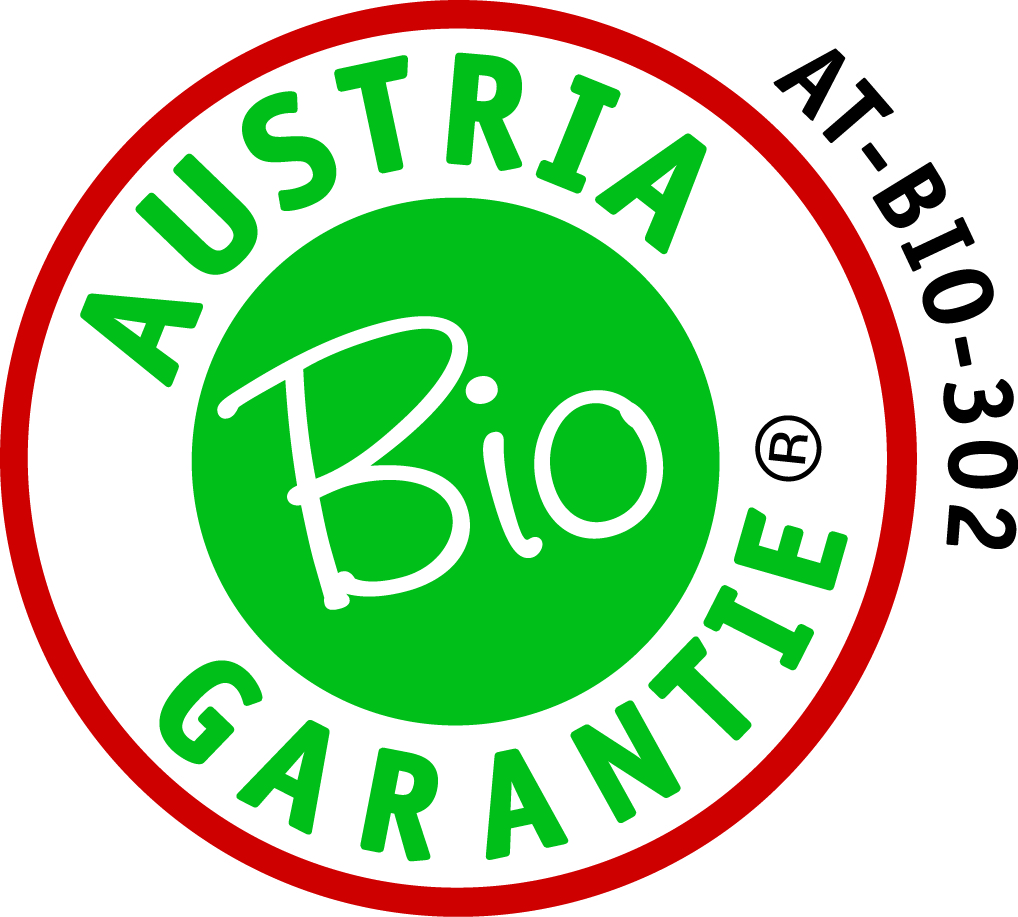
Conservation & a sustainable cycle.
We have set aside numerous conservation areas on the edge of the forest as part of the Natura 2000 programme. These areas are disturbed as little as possible and provide a sanctuary for innumerable plant and animal species.
A portion of our production goes to a neighbouring cattle farm. In return, we are supplied with the organic manure produced by the cows, which we apply to our fields to improve soil health and productivity.
Conservation & a sustainable cycle.
A portion of our production goes to a neighbouring cattle farm. In return, we are supplied with the organic manure produced by the cows, which we apply to our fields to improve soil health and productivity.
Did you know that 0.3 cubic metres of healthy soil is home to an average of...
- 2.5 billion microorganisms: bacteria, fungi and algae?
- 1 million threadworms?
- 100,000 acarids?
- 50,000 springtails?
- 25,000 rotifers?
- 10,000 bristleworms?
- 100 beetle larvae?
- 100 dipteran larvae?
- 100 hard-working earthworms?
- 50 slugs?
- 50 spiders?
- 50 woodlice?
Now you’ll see the soil with new eyes…
Did you know that 0.3 cubic metres of healthy soil is home to an average of...
- 2.5 billion microorganisms: bacteria, fungi and algae?
- 1 million threadworms?
- 100,000 acarids?
- 50,000 springtails?
- 25,000 rotifers?
- 10,000 bristleworms?
- 100 beetle larvae?
- 100 dipteran larvae?
- 100 hard-working earthworms?
- 50 slugs?
- 50 spiders?
- 50 woodlice?
Now you’ll see the soil with new eyes…

